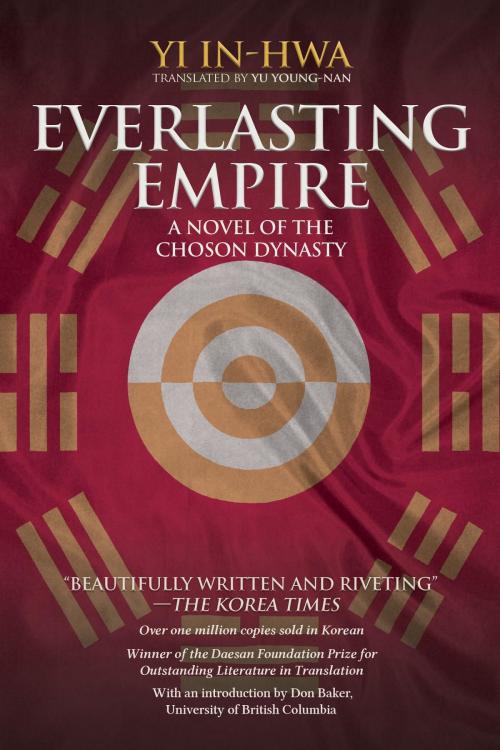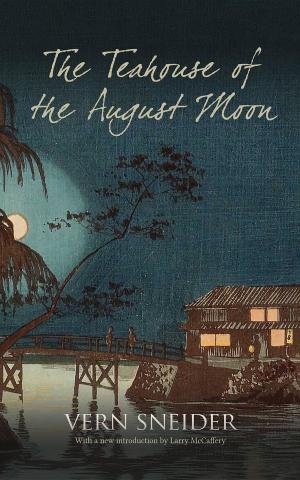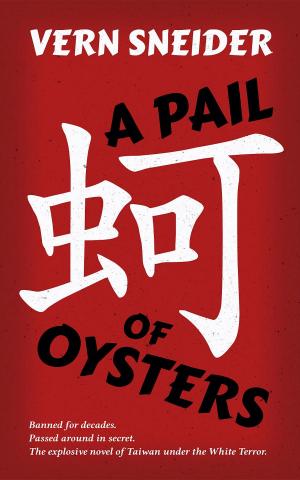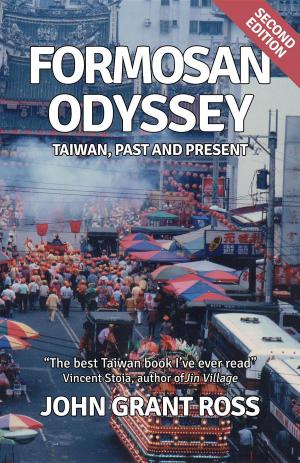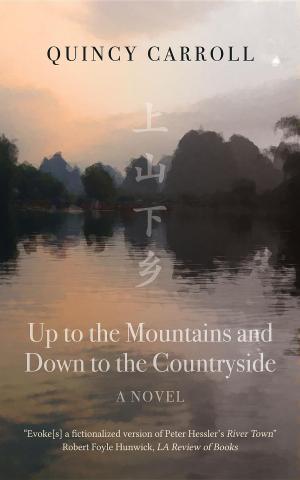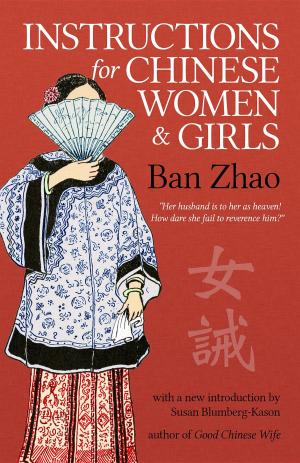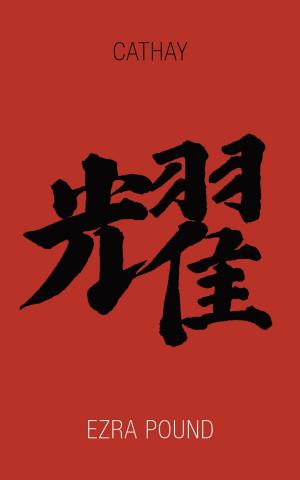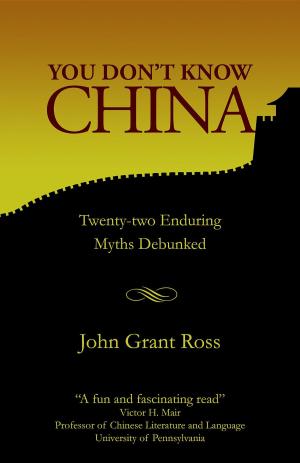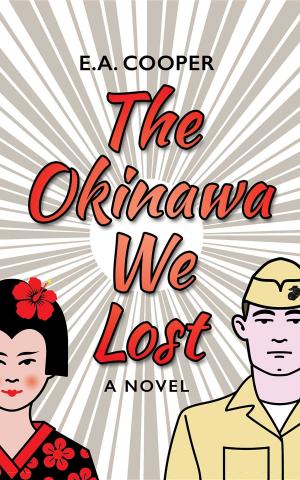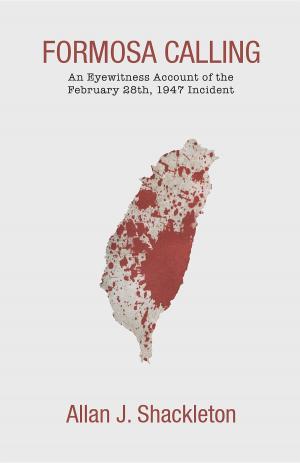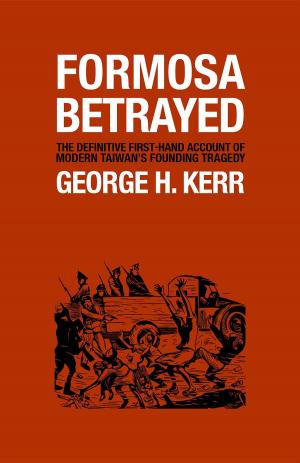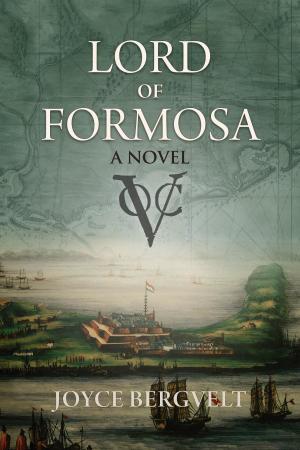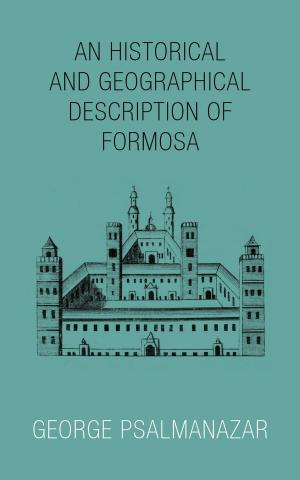Everlasting Empire
Taiwan, Past and Present
Nonfiction, History, Asian, Korea, Mystery & Suspense, Historical Mystery| Author: | In-hwa Yi | ISBN: | 9781788690881 |
| Publisher: | Camphor Press Ltd | Publication: | May 1, 2002 |
| Imprint: | Eastbridge Books | Language: | English |
| Author: | In-hwa Yi |
| ISBN: | 9781788690881 |
| Publisher: | Camphor Press Ltd |
| Publication: | May 1, 2002 |
| Imprint: | Eastbridge Books |
| Language: | English |
Everlasting Empire (Yongwonhan chekuk) is a Korean historical novel written as a murder mystery. The narrator frames the main story with his “discovery” of a 150-year-old manuscript. Because of problems verifying the authenticity of the manuscript, the narrator offers the book not as genuine history but as a story. This compelling tale is set at a pivotal moment in Korean history, when the nation’s last strong king was attempting to consolidate the authority of the monarchy against the dangerous encumbrance of bureaucratic factional infighting and when Western ideas were beginning to infiltrate Korea. It is an absorbing account of life at a Confucian court. The original Korean edition (1993) was a bestseller in Korea, selling more than one million copies. In was published in French translation (2000) and was made into a feature length film which collected six prestigious Grand Bell Awards.
"[Yi In-hwa] has achieved a goal that eludes most authors of historical fiction: He has created a tale so plausible that it can almost pass for the work of a historian rather than a novelist. Even though the events that form the core of his novel did not actually take place — they could have. This novel [is] more than just a riveting work of fiction … it also … opens a window into the turbulent world of Chosen dynasty politics, in which political disagreements often had deadly consequences.
“. . . Yi In-hwa has captured the rivalries, cruelty, and treachery on Chongjo’s Seoul with a vividness equaled by few historical records or even historians’ reconstructions. If one of the goals of the study of history is, and I believe it is, to open doors into the past so that we step back in time and experience the world of our predecessors on this planet, Everlasting Empire is an effective door opener. I recommend it to anyone who wants to experience political intrigue on the Korean peninsula two centuries ago.”
from the Introduction by Don Baker
Everlasting Empire (Yongwonhan chekuk) is a Korean historical novel written as a murder mystery. The narrator frames the main story with his “discovery” of a 150-year-old manuscript. Because of problems verifying the authenticity of the manuscript, the narrator offers the book not as genuine history but as a story. This compelling tale is set at a pivotal moment in Korean history, when the nation’s last strong king was attempting to consolidate the authority of the monarchy against the dangerous encumbrance of bureaucratic factional infighting and when Western ideas were beginning to infiltrate Korea. It is an absorbing account of life at a Confucian court. The original Korean edition (1993) was a bestseller in Korea, selling more than one million copies. In was published in French translation (2000) and was made into a feature length film which collected six prestigious Grand Bell Awards.
"[Yi In-hwa] has achieved a goal that eludes most authors of historical fiction: He has created a tale so plausible that it can almost pass for the work of a historian rather than a novelist. Even though the events that form the core of his novel did not actually take place — they could have. This novel [is] more than just a riveting work of fiction … it also … opens a window into the turbulent world of Chosen dynasty politics, in which political disagreements often had deadly consequences.
“. . . Yi In-hwa has captured the rivalries, cruelty, and treachery on Chongjo’s Seoul with a vividness equaled by few historical records or even historians’ reconstructions. If one of the goals of the study of history is, and I believe it is, to open doors into the past so that we step back in time and experience the world of our predecessors on this planet, Everlasting Empire is an effective door opener. I recommend it to anyone who wants to experience political intrigue on the Korean peninsula two centuries ago.”
from the Introduction by Don Baker
